Persian chinchilla: description of the breed and character of cats
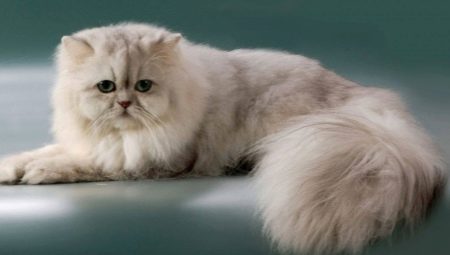
Among the most diverse breeds, Persian cats occupy a special place. Indeed, many of them in appearance really resemble hairy beautiful toys, as if from a cartoon. But especially luxurious look are Persian and chinchilla cats, which are considered quite rare, exotic and prestigious. Representatives of the Persian breed are very affectionate, they are always attached to their owners.
In this article, we will learn in more detail the description of this breed, we will get acquainted in detail with the nature of cats and kittens, and also consider the basic recommendations for care and feeding.
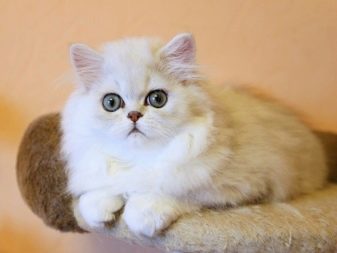
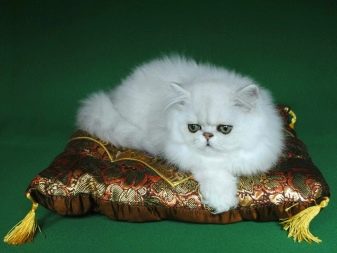
Origin story
Persian cats first appeared in Britain, and therefore they are not in vain ranked among aristocratic cats who have peculiar manners of behavior and communication with people. There are several assumptions about the origin of this breed, they all basically boil down to crossing several breeds and breeding a new one. There is information that this color also originated from the blue color, which is very similar to gray.
As for obtaining the direct color "chinchilla", it was artificially bred by breeders through many years of painstaking work. It is believed that chinchillas were originally crossed with British smoky colors to obtain a luxurious light coat with slight darkening. A little later, golden chinchillas also appeared.
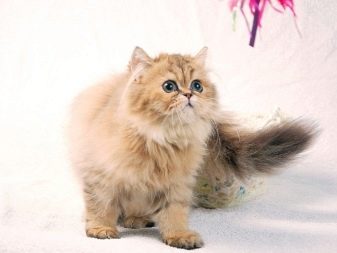
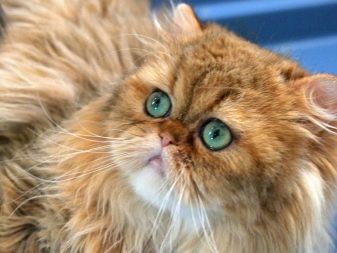
Persian and chinchilla cats are very popular not only in England, but all over the world, including Russia, where nurseries for breeding kittens of this color have recently appeared.
Breed standards
Persian chinchillas are considered the kings of their breed, because they have a really luxurious color of their printed fur coat. The most common representatives are silver and gold chinchillas. Consider the basic description of the breed and the predominant traits of the animals.
- The nose, like all purebred Persians, is flattened. This is an unshakable standard. The head is relatively small.
- The ears have small but fluffy tassels.
- A characteristic feature is always a luxurious fluffy tail, which requires close maintenance. The hairs on the tail are always slightly longer than on the whole body.
- The main feature of the pure Persian breed is its pleasant plush animal fur, which resembles that of a polar fox.
- This breed can be large, since Persians can reach 7-8 kg, cats, as a rule, are slightly smaller, their weight is usually no more than 4-4.5 kg.
- Cats and chinchillas have a very proportional and muscular body, but due to the large amount of hair, the legs are not very visible and they seem to be a little shortened.
- The breed standard also includes large eyes. Mostly in chinchillas, they have a bright emerald hue.
- On average, Persian cats and cats live 15-17 years, with proper care. Life expectancy increases if the animal is spayed.
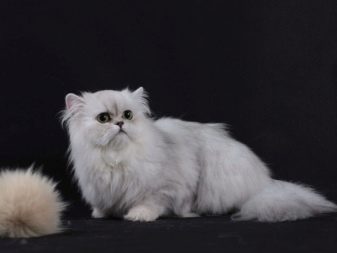
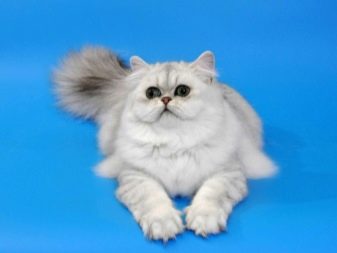
The secret of the silver coat is that in appearance it is completely light, including the undercoat, but the tips are dark, which creates the effect of an iridescent silver haze.
In golden Persian chinchillas, the undercoat, as a rule, has a milky, reddish or creamy shade, and the hairs themselves at the ends are dark. This color can be seen on the animal's belly, ears, chest and legs. But on the head and tail, the hairs have smoky dark ends, which create a unique golden coat with tints.
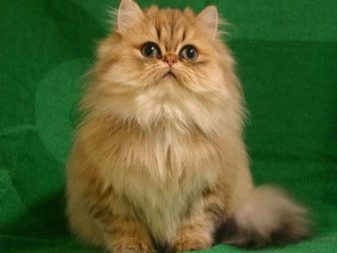
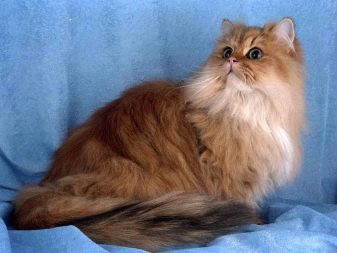
Character and behavior
The character of the Persian chinchillas is very flexible. Sometimes it may seem that they are lazy, but in reality they are just wayward, although they often do not mind playing with the owner. Persian kittens and adults of chinchillas can be easily attributed to very affectionate and obedient animals that do not cause trouble for their owners.
It is very easy to find a common language with the Persians. If from childhood you teach them to swim and regularly comb out, then over time they will get used to everything and even love these activities. Persian cats and cats not only treat their owners well, but they also get along well with children, and they also coexist with other animals in a house or apartment without any problems, but only if you teach them from childhood. If suddenly a chinchilla or Persian cat is suddenly hooked up with a dog, then there is a risk that they will not get along.
This is due to the fact that the representatives of this breed are aristocrats and feel their special superiority over other animals. Including over cats of other breeds and dogs.
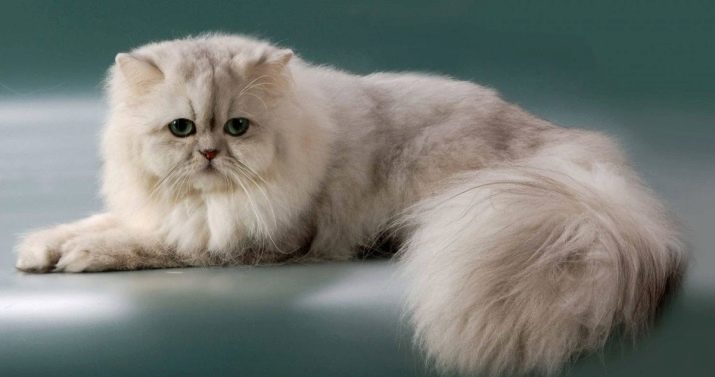
Persian chinchilla cats are very inquisitive, but if you do not pay attention to them, then they may not find a place for themselves and even become apathetic.... If the owner cannot devote proper time to the pet, then he is recommended to have a pair. It is believed that chinchilla Persians have a special intelligence that allows them to quickly learn everything new. They perfectly adapt to a new place of residence, and it will not be difficult to accustom them to a litter box and a place to sleep.
Persian chinchillas are very noble, they can be left alone in the house without any problems.
As a rule, they do not spoil anything, but from childhood it is best to teach them to use a scratching post.
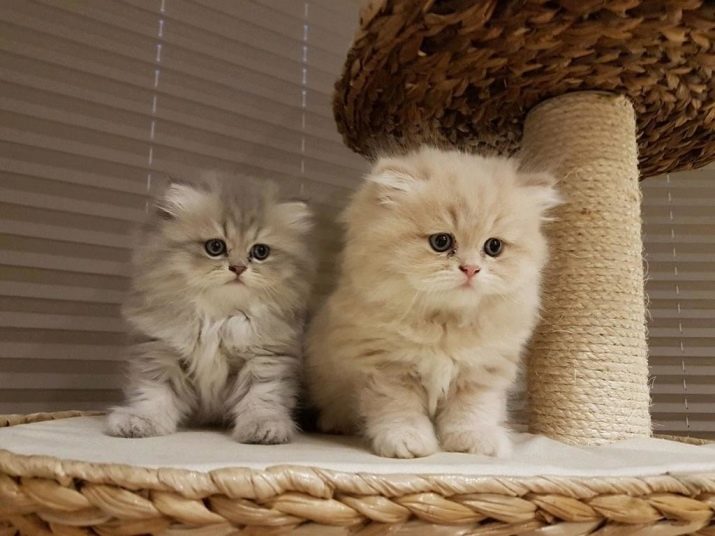
Animals easily find something to do with themselves in their free time. The main thing is to leave them some toys.... Older and older cats do not really like to play on their own, but for young individuals, ordinary artificial mice are enough. You always have to play with adults, otherwise they may become lazy.This is especially true for spayed pets prone to gaining excess weight.
Feeding recommendations
Today, there are several diet options that may suit Persians. The first is a diet consisting of ready-made dry food, specialized canned food and wet food in packs. The second is home-based feeding, which consists of meat and vegetables that you need to cook yourself.
There is also such a diet when cats are completely contained in the feed, but sometimes they are given meat.
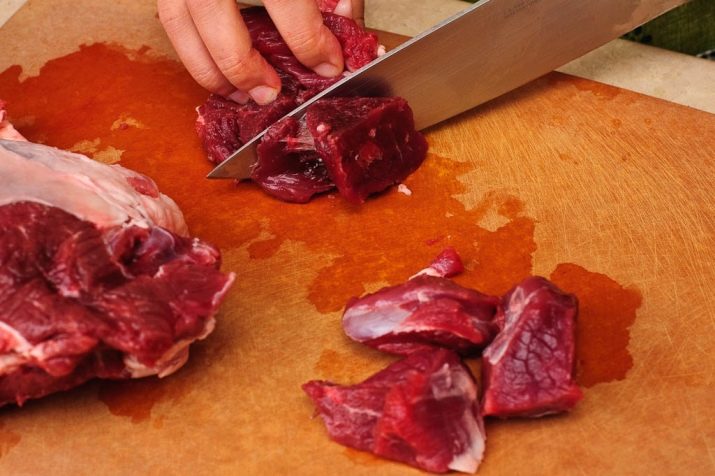
It is very important to feed the Persian chinchillas on a schedule, whichever diet is chosen.... So, according to many veterinarians, in the modern world it is best to choose ready-made, balanced premium feeds that are made taking into account the needs of the body of each animal.
The ready-made food contains everything you need to maintain the health of not only adults, but also small kittens. Of course, premium food will be quite expensive, but the owners will not need to spend time preparing other food, and in general, there is no difference in terms of money costs. Ready-made feeds contribute to the normalization of digestion, saturate the animal's body with everything necessary so that its coat does not fade and looks well-groomed, and dry food also serves to prevent caries.
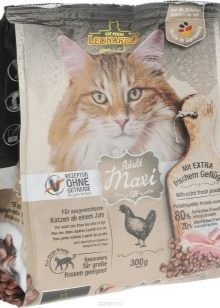
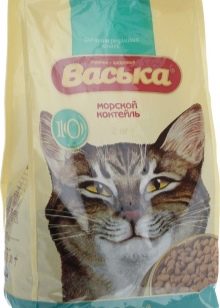
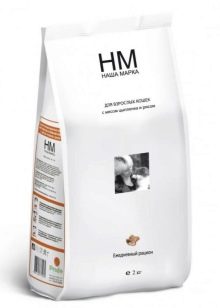
If we talk about self-cooking, then the following foods must prevail in the diet of the Persians.
- Low-fat meats, including rabbit, poultry (except for duck and goose), and young lamb.
- It is desirable to exclude fish. Fried meat, fish and chicken bones are completely contraindicated.
- Boiled vegetables are also required in the diet.
- Sometimes raw chicken can be given, cut into small pieces. Before serving the animal, the meat should be doused with boiling water.
- Low-fat cottage cheese, plain yoghurts, and boiled yolk can be given, but infrequently.
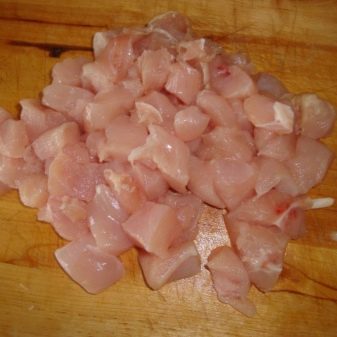
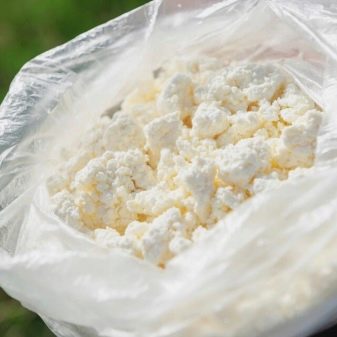
All food that a person consumes should be avoided. Cats should not be given chocolate, buns, smoked meat, everything that is spicy and seasoned.
Milk is also undesirable, it is best to replace it with fermented milk products.
As vitamins, cats can be given greens from sprouted grains. Any specific vitamins, such as those from hair loss, should always be added to the diet only when needed, and only after consulting a veterinarian.
It is very important to always wash the Persian bowls after meals so that bacteria do not grow in them. Persians should always have clean drinking water. Especially if the animals are on dry food. When eating dry food, cats drink water more often.
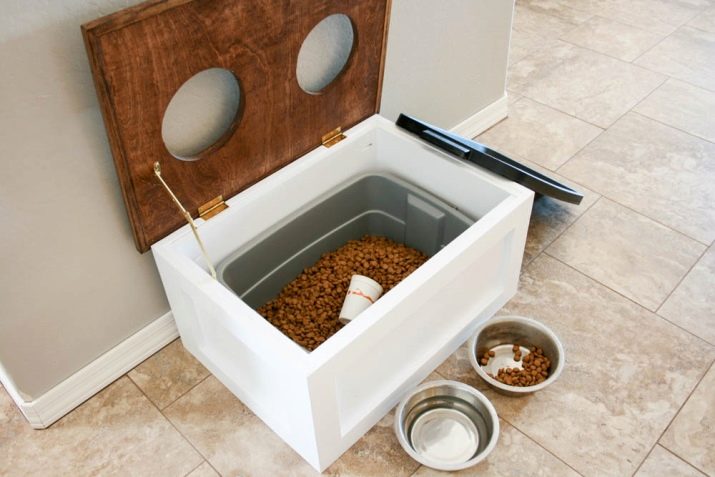
Of course, the choice between self-cooking for pets and ready-made food should be based on your own capabilities and preferences, but do not forget about the characteristics of animals. So, if a cat or a cat is sterilized, then it is best for them to purchase specialized food, which serves as the prevention of excess weight gain and diseases such as urolithiasis.

How to care?
Taking care of Persian chinchillas is not so difficult as it might seem at first glance.
- Pets should be washed 1-2 times a year with a special shampoo. Human won't do. If in the summertime the cat or cat often walks, then you can wash the animal with flea shampoo.
- It is advisable to cut the nails once a month or as they grow. For this, ordinary scissors are not suitable, but only a special nail clipper.
- It is recommended to comb fluffy chinchillas several times a week. If tangles form, they should be carefully trimmed.
- Once a year, the Persians must be shown vaccinations against rabies and against major diseases. Before vaccination, it is imperative to give medicine for parasites (usually 1-2 weeks in advance).
- It is very important to keep an eye on the eyes of the Persians, who very often have problems with.If your eyes suddenly began to leak, then you can rinse them with a cotton pad (or gauze napkin) and warm boiled water, chamomile broth or tea, but without sugar. Also drip 1 drop of special drops into each eye. It is strictly forbidden to drip antibiotics right away, in veterinary pharmacies there are special non-aggressive drops for the prevention of viral and bacterial eye infections.
- Any tablets should only be given after consulting a veterinarian.
- The litter box should be replaced as it fills. You should not delay the process, as the Persian chinchillas are very clean. As a filler, you can choose silica gel, which has good absorbent properties, wood filler, mineral filler or any other. Do not be afraid to change the filler over time if, for one reason or another, it does not fit. Persians very quickly adapt to the new smell of the filler.
- For the prevention of fleas and ticks in the summer, it is recommended to wear protective collars on animals or to drip special drops on the withers, they are considered harmless.
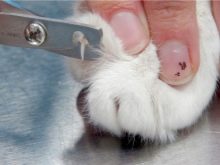
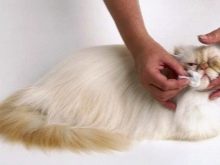
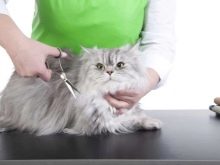
It is best if the Persian cat or cat has its own habitat, for example, a ready-made cat house, where the animal can play and rest.
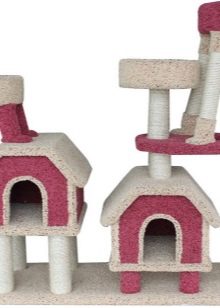
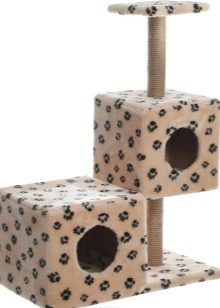
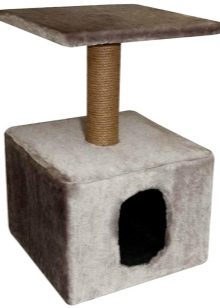
It is worth purchasing purebred Persian golden and silver chinchillas only in licensed nurseries with a good reputation. Their average price reaches 20 thousand rubles and more.
If you are offered a purebred chinchilla without a pedigree for 3-5 thousand, most likely it is not purebred.
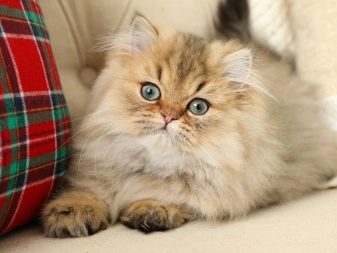
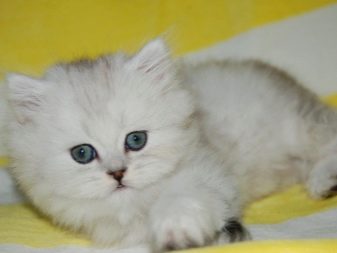
The felinologist's story about the Persian chinchillas, see below.








